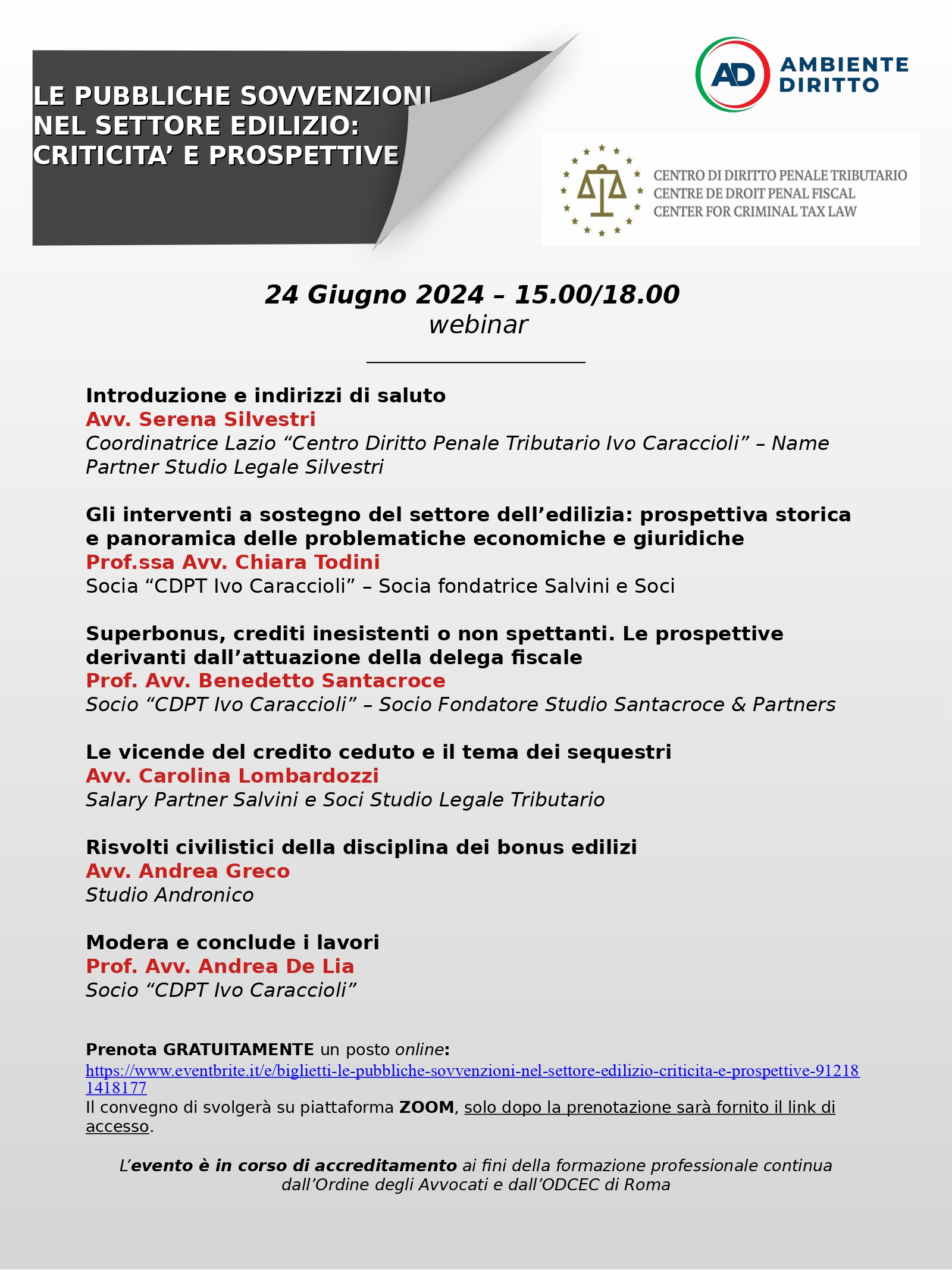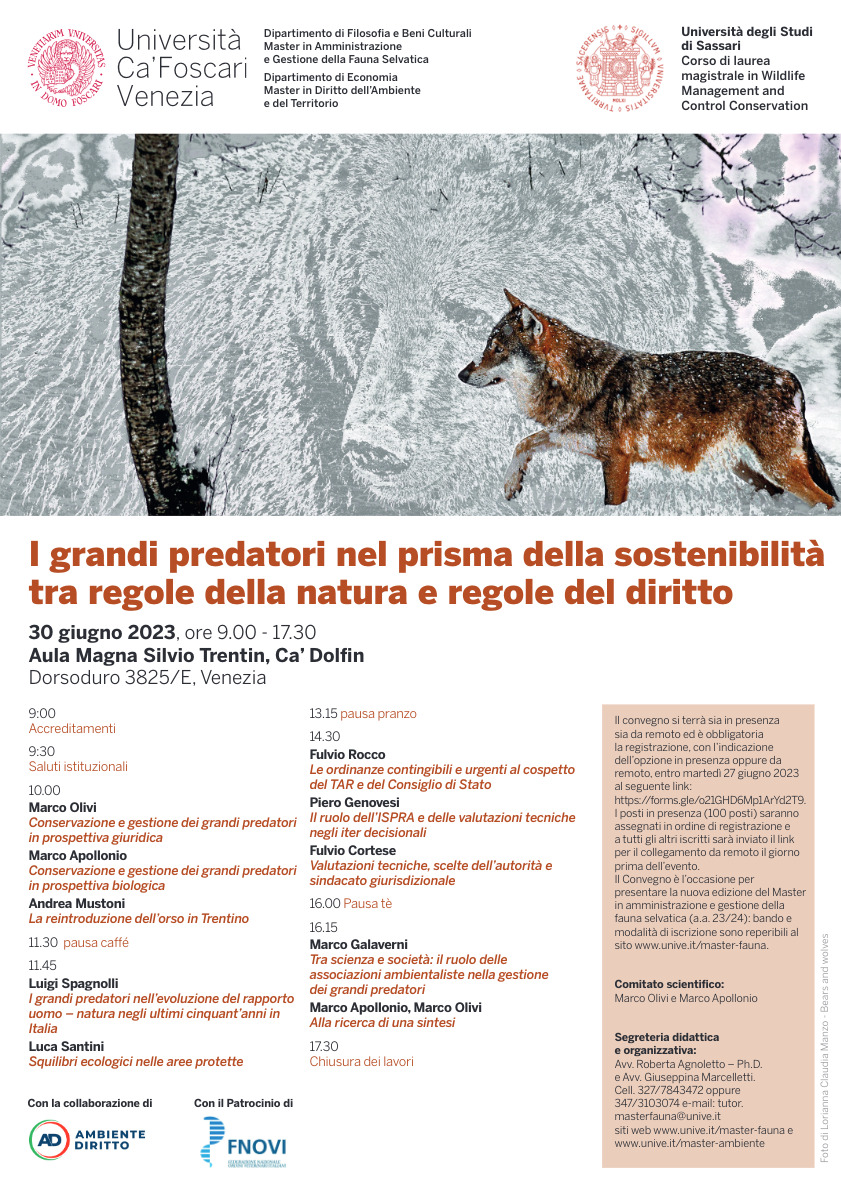______________ AMBIENTEDIRITTO ______________
IL “CASO EX-ILVA” ALLA LUCE DELLA RIFORMA DEGLI ARTICOLI 9 E 41 COST. E DELLE PRONUNCE DELLE CORTI DI STRASBURGO E DI GIUSTIZIA UE
Giuseppe Monaco
Abstract (It): Il presente lavoro torna a riflettere sul caso del polo siderurgico di Taranto, da anni ormai sotto i riflettori della giustizia ordinaria, civile e penale, per i risvolti negativi dell’attività produttiva sull’ambiente e sulla salute di lavoratori e residenti. In considerazione dell’importanza dello stabilimento, per la tipologia di produzione e per il numero elevato di addetti, il Governo è intervenuto più volte, a partire dal decreto “salva Ilva” del 2012, nel tentativo di salvaguardare la continuità dell’attività produttiva e l’occupazione. Ne è seguito il coinvolgimento della Corte costituzionale, chiamata a verificare la legittimità di un difficile bilanciamento tra diversi interessi costituzionali, nonché della Corte europea dei diritti dell’uomo e, da ultimo, della Corte di giustizia. Il presente contributo intende, per un verso, verificare se la riforma degli artt. 9 e 41 Cost. possa incidere sugli esiti di una nuova ponderazione dei valori costituzionali in gioco e, per altro verso, valutare l’impatto delle recenti pronunce della Corte di Strasburgo e della Corte di giustizia.
Abstract (En): The essay returns to reflect on the case of the Taranto steelmaking hub, which has been under the spotlight of ordinary justice – civil and criminal justice – for years, due to the negative consequences of production activity on the environment and the health of workers and residents. In consideration of the importance of the plant, for the type of production and for the high number of employees, the Government has intervened several times, starting from the “save Ilva” decree of 2012, in an attempt to safeguard the continuity of the production activity and employment. What followed was the involvement of the Constitutional Court, called to verify the legitimacy of a difficult balance between different constitutional interests, as well as the European Court of Human Rights and, lastly, the Court of Justice. This work intends, on the one hand, to verify whether the reform of the articles. 9 and 41 of the Constitution can affect the results of a new balance between constitutional values and, on the other hand, to evaluate the impact of the recent rulings of the Strasbourg Court and the Court of Justice.
Sommario: 1. Premessa. – 2. La posizione della Consulta: l’assenza di una gerarchia tra principi e valori costituzionali e il difficile bilanciamento. – 3. La riforma degli artt. 9 e 41 Cost. e i possibili risvolti sulle vicende del polo siderurgico di Taranto. – 4. La pronuncia della Corte costituzionale sul “caso Priolo”: un’occasione mancata… con qualche affermazione da cui ripartire. – 5. Le condanne dalla Corte EDU per violazione dell’art. 8 della Convenzione. – 6. Indicazioni chiare dalla sentenza della Corte di giustizia del 25 giugno 2024: le ripetute proroghe del termine per conformarsi alle misure di protezione dell’ambiente e della salute sono in contrasto con la normativa europea. – 7. Considerazioni conclusive.
Scarica allegato





 AMBIENTEDIRITTO.IT EDITORE
AMBIENTEDIRITTO.IT EDITORE